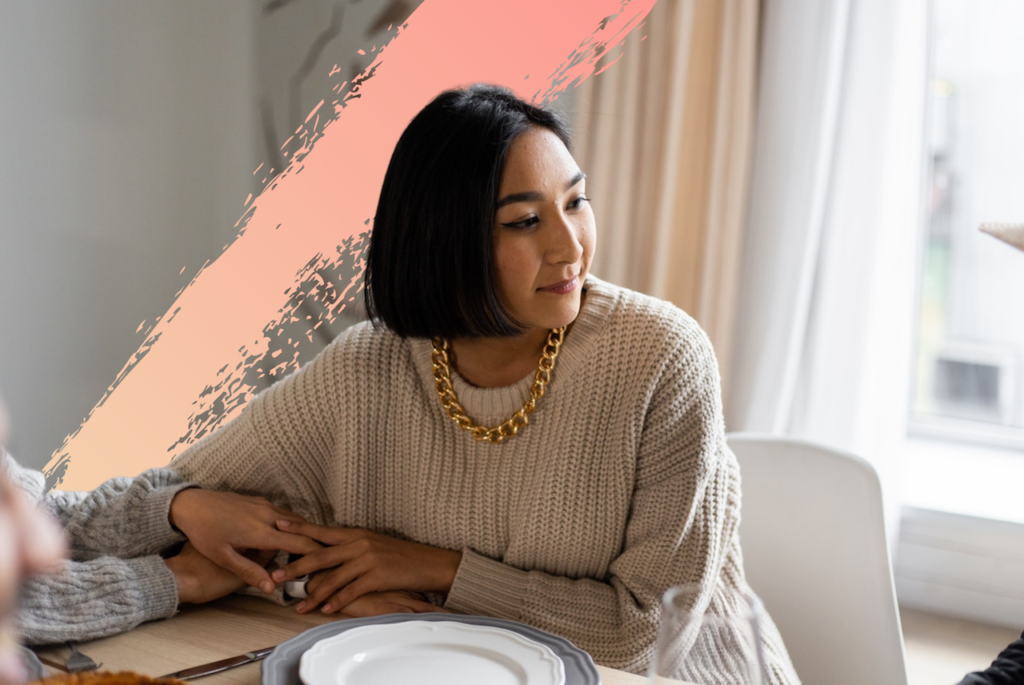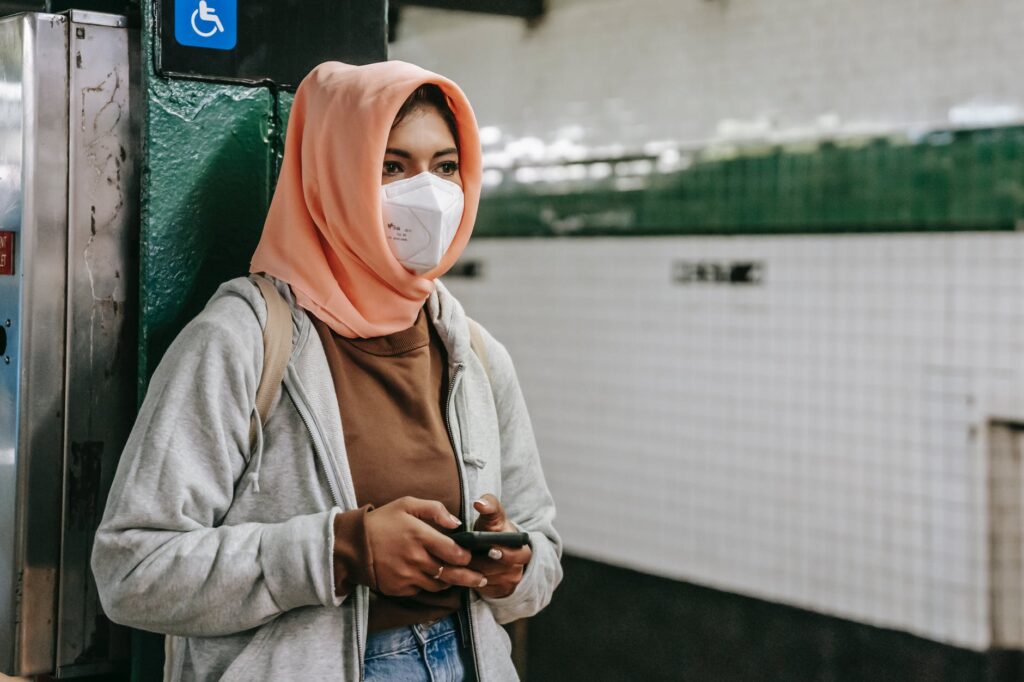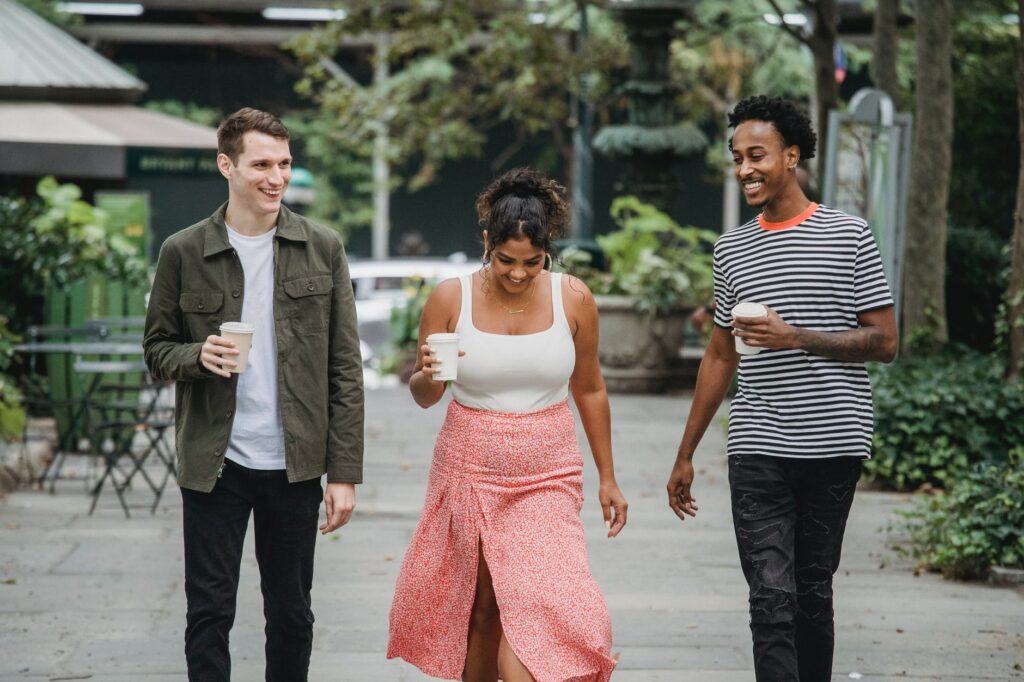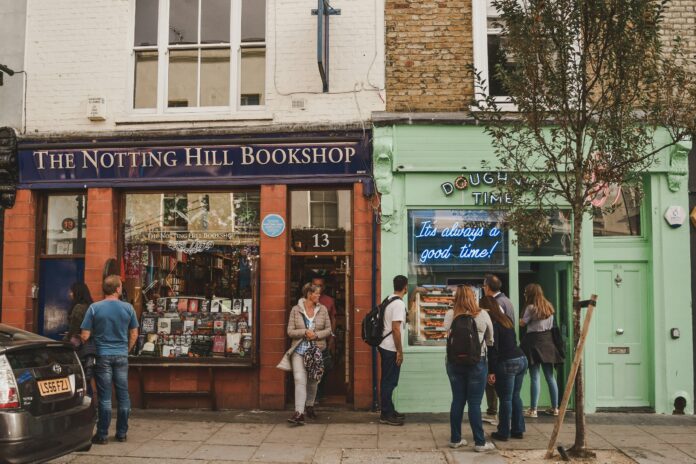
Yep, you heard us right. And nope, we’re not being contrary. Whilst a vast swathe of Brits are clearly excited about the chance to fling the doors open and step out into the light after months indoors, the sense of anticipation isn’t quite as universal as you’d think.
‘Post-lockdown anxiety’ is real. And as various reopening milestones on the government’s roadmap approach, this sense of dread and foreboding is seemingly on the increase. Some are concerned about a kind of reverse culture shock after so much time spent at home. Others feel the pressure of returning to the office looming large. Many are still worried about catching the virus.
One thing that’s certainly true across the board is that the ‘new normal’ isn’t going to feel very normal at all. We’re all in the same storm, sure, but we’re certainly not all sailing in the same boat.
Indeed, according to the Mental Health Foundation, ‘’Even as the measures taken to curb the spread of COVID-19 change, with reduced restrictions for most and sustained isolation for a minority, with some having been affected directly by the virus and many less so, some returning to normal work life and many others experiencing changed employment status, differences in the mental health impact will persist and likely increase’’.
If you’re feeling a sense of trepidation and uncertainty regarding the months that lie ahead, then rest assured, you’re not alone. Here are 7 ways to cope with anxiety about lockdown ending.
RETHINK FOMO
Just because you can, doesn’t mean you have to. And as we all know, FOMO (need we spell it out?) is a powerful force, made far more omnipresent and overwhelming by social media use.
In a pre-pandemic report published by the Royal Society For Public Health, which saw 1’500 teens and young adults surveyed, Instagram was singled out as having the worst impact on mental health and wellbeing of any social media network, associated with high levels of anxiety and FOMO, in particular.
Whilst we haven’t felt much of the missing out over our friend’s over baked banana bread or Tik Tok videos miming with their ma, once public socialising is once again permitted, it’s best to be alert to the powerful pull of social media apps. Try reducing your use of these pervasive platforms as the lockdown lifting approaches, setting time limits and screen locks if you feel like that would help, or simply being more mindful of your compulsive urge to pick up your phone and scroll.

EASE INTO IT
Just as there was a perverse, pervasive pressure during lockdown to somehow ‘make the most of it’ – learning Latin with one hand, building a shed with the other all while scoffing your expertly baked sourdough – so there’s likely to be an overwhelming sense that every weekend should be filled with adventures, holidays, trips and ‘experiences’ once things open up. All, of course, in the name of making up for lost time.
A fully loaded first post-lockdown week might appeal to some, but for others, the pressure to party with abandon once measures are lifted can be overwhelming. Fortunately, the government’s ‘road map’ for a loosening of restrictions is gradual, and allows you to ease into a busier social calendar gradually.
Don’t feel as though you have to rush things, just because others are; a coffee with a friend outdoors in mid-March, a picnic in April, a pint in a beer garden in early May…this thing can be done incredibly gradually if that’s how you feel most comfortable.
You can simply blame the government if you need an excuse for turning down a few invitations!

SEEK CLEAR ADVICE ON THE LATEST RULES & GUIDANCE
Speaking of those guys handling the latest unlocking; many have cited the uncertainty and lack of clarity provided regarding COVID-19 measures as a primary driver of increased anxiety.
Indeed, according to consultant clinical psychologist Marc Hekster via the Independent during the initial lockdown last year, “At times of crisis people look to the authority or authorities for certainty, and if not that then for re-assurance. Re-assurance is often characterised by the existence of boundaries and clear parameters.
“The lack of clarity or clear boundaries can create anxiety and conflict that sees some people follow one set of rules while others have interpreted them differently.”
Fortunately, it appears that some lessons have been learnt, with more recent guidance and restrictions hopefully a little clearer. Should you be finding it difficult to get to grips with the latest rules and advice, or are living with a learning disability and are seeking some easy-to-read information, Mencap have some really useful resources providing clear, simplified summaries of the latest lockdown advice, shielding rules, and vaccines. Do check them out.
IT’S GOOD TO TALK
If you’re finding that all of this uncertainty is leading to stress and anxiety and you’re unable to cope, rest assured that there are support services available, some free, some paid for, which can help.
Many mental health charities in the UK offer 24/7 talking services, manned by volunteers and professionals and conducted over the phone or via text, which can help you get some perspective on your situation in a confidential, non-judgmental environment.
You may also be able to find counselling and psychotherapy online or remotely during this time, though demand is high and waiting lists populated. Some companies who specialise in talking therapies in the UK are currently offering free or low cost consultations, and in some cases, the price will be means tested to help those on low incomes gain access to support.
Should you be considering going private and you’re wondering how much a psychiatrist costs on average in the UK, do be aware that prices are high; seeing a consultant psychiatrist for an initial assessment online costs £360 for an hour, with each minute thereafter setting you back £6. Wow.

CBT
You thought this was another article about CBD, didn’t you? Nope, today we’re talking about Cognitive Behavioural Therapy, which is a commonly prescribed treatment and set of coping strategies which can help you manage anxiety.
We mention CBT specifically because it’s a process which you can conduct by yourself, on yourself, for free. CBT is based on the idea that by identifying negative thought patterns and learning how these affect your behaviour, you can determine whether these thoughts are actually accurate.
This might be particularly useful when addressing anxiety about an uncertain future; do check these tips from Psychology Today on doing CBT without a therapist for some really useful advice.
Exposure and Response Prevention (ERP) is a discipline which comes under the umbrella of CBT which might be worth investigating, too. This article on Obsessive Compulsive Disorder and ERP highlights that the therapy ”focuses on the thoughts, behaviors, and feelings of the patient and how they work together and affect each other. ERP helps the patient to begin to work through and identify their fears and what triggers them”.
For those struggling to overcome anxiety and uncertainty about what the next few months might bring, ERP could help. Be aware that this type of therapy usually requires the assistance of professional rather than being a DIY option.
TAKE HEART IN THE GOOD NEWS
Whilst we’re loath to acknowledge the good work of the government, the vaccination program has clearly been a huge success – thank you NHS – with already dropping rates of infection and hospitalisations likely to be quickened by increasing community immunity (must. resist. the portmanteau).
Though there’s much to be angry and concerned about in the crisis, it can help to take some solace in a few recent positive developments. After a year of relentless doom and gloom, consider it an act of self care, then, to check out the Twitter account @Covid_Good_News and the website Just Give Me Positive Good News About Covid, which does exactly what it says on the tin, quite frankly.
A MEASURED RETURN TO WORK
Back-to-work anxiety is something of a different beast, and one which is leading to even more uncertainty. Rather than keep you, we’ll redirect your attention to these tips on how to handle back to work anxiety in 5 IDEAL steps.
And if you need someone to talk to or a friendly, non-judgmental ear, then scroll down to the bottom of our homepage, and click Say Hello. Our virtual door is always open!
*This article is not intended to replace medical advice, diagnosis or treatment given by a qualified health professional. Instead, this article only provides information, not advice. For any medical enquiries, always consult your GP first*





